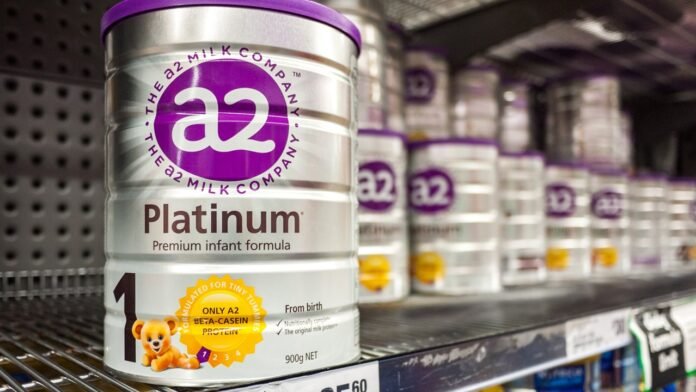The Senate Finance Committee, chaired by Senator Saleem Mandviwalla, discussed different budget proposals and their implications. During this session, a proposal to impose an 18% sales tax on baby’s milk raised serious concerns.
Current Budget Criticized
Farooq H Naek, a committee member, termed the current budget IMF-driven rather than a Pakistani-tailored budget. He said this does not reflect Pakistan’s economy but shows one thing: we live in paradise where everybody has a bank account. In his speech, he said that every citizen should have access to a bank account because it makes documenting and formalizing the economy easier, even though everything else is going well for us.
Opposition to Sales Tax on Essential Items
Committee members Sherry Rehman and Anusha Rehman were against taxes on necessary items, such as stationery goods (10%) or packaged milk, including baby food (18%). They argued that these types of taxation would hit hard on people who fall under the lower middle-class category and are already struggling with the high cost of living.
Rejection of Sales Tax Proposal
The most important decision taken during this meeting was when all members present unanimously voted against imposing an 18% sales tax on packaged milk meant for infants, i.e., baby formula, etc. Their main argument was that it would put an extra burden upon those families having young children, thereby making nutritious foods unaffordable for them—something done so considering general welfare, particularly vulnerable sections.
Implication Wider Economics
Among other things discussed at the meeting were broader economic implications as well as the need for an inclusive financial system also re-emphasized by Farooq H Naek, who stated unequivocally once again: “Every citizen must have”access to a bank account if our economy is to be fully documented and taxed properly.” Through such a move, “better tracking of financial transactions would become possible, leading to increased revenue generation without regressive taxes on essential goods.


